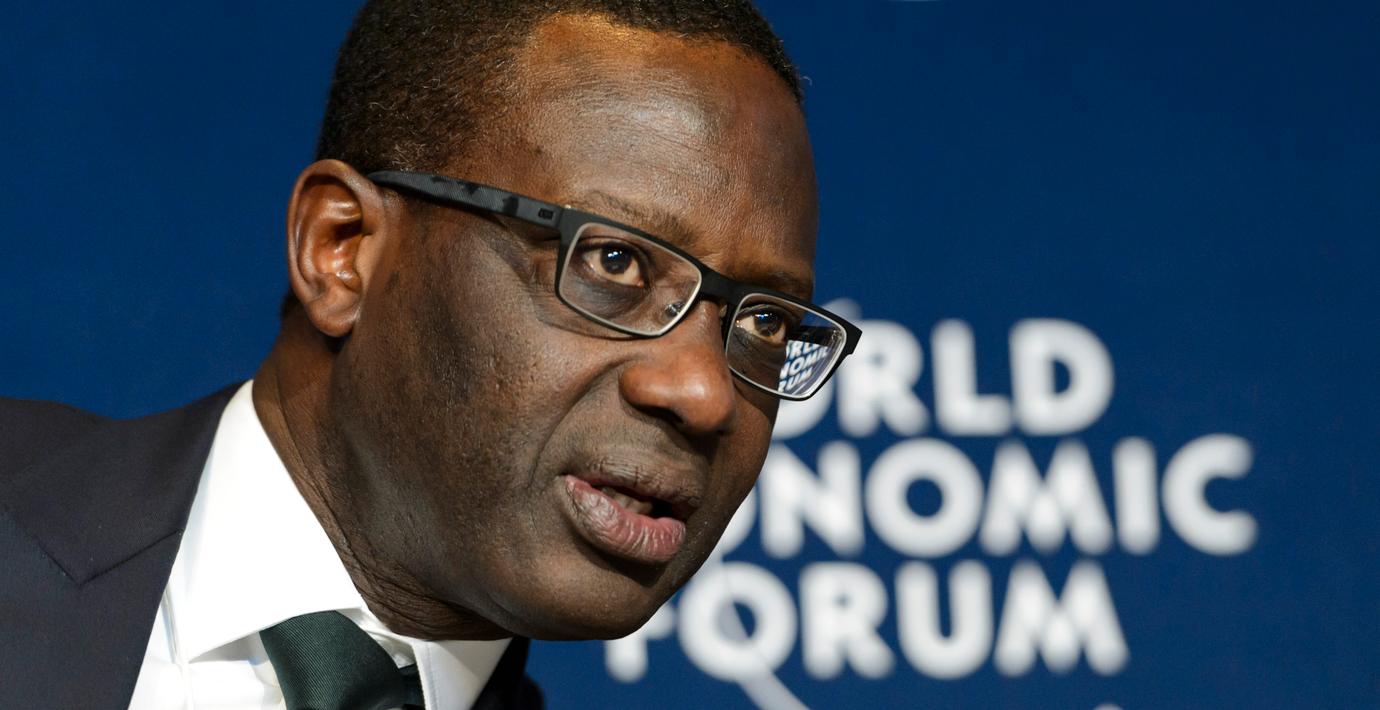
Storägare kritiserar Credit Suisses bonusplaner
Om två veckor är det dags för stämma i Credit Suisse och den schweiziska storbanken har fullt upp med att försöka lugna storägarnas ilska över planer på att höja chefsbonusarna, samtidigt som man gått med förlust två år i rad. Nu föreslår banken att toppchefernas bonusar ska minskas jämfört med tidiagre förslag, samtidigt som utbetalningarna för ledningsgruppen ska frysas, skriver Bloomberg.
Förslaget välkomnas av i alla fall en av storägarna, norska oljefonden. ”På den grunden kan vi nu stödja ersättningsrelaterade lösningar på den årliga stämman”, skriver fonden i ett uttalande enligt nyhetsbyrån.
bakgrund
Credit Suisse
Wikipedia (en)
Credit Suisse Group is a Swiss multinational financial services holding company, headquartered in Zürich, that operates the Credit Suisse Bank and other financial services investments. The company is organized as a stock corporation with four divisions: Investment Banking, Private Banking, Asset Management, and a Shared Services Group that provides marketing and support to the other three divisions.
Credit Suisse was founded by Alfred Escher in 1856 under the name Schweizerische Kreditanstalt (SKA, English: Swiss Credit Institution) in order to fund the development of Switzerland's rail system. It issued loans that helped create Switzerland's electrical grid and the European rail system. It also helped develop the country's currency system and funded entrepreneurship. In the 1900s Credit Suisse began shifting to retail banking in response to the elevation of the middle-class and the growing popularity of savings accounts. Credit Suisse partnered with First Boston in 1978. After a large failed loan put First Boston under financial stress, Credit Suisse bought a controlling share of the bank in 1988. In the 1990s, Credit Suisse acquired the Winterthur Group, Swiss Volksbank, Swiss American Securities Inc. (SASI) and Bank Leu among others. In the year 2000, it added the U.S. investment firm Donaldson, Lufkin & Jenrette.
The company restructured itself in 2002, 2004 and 2006. It was one of the least affected banks during the global financial crisis, but afterwards began shrinking its investment business, executing layoffs and cutting costs. During the period between 2008 and 2012, Germany, Brazil, and the United States began a series of investigations into the use of Credit Suisse accounts for tax evasion. In May 2014, the company pleaded guilty to decades of conspiring to help US citizens avoid taxes, and agreed to pay $2.6 billion in fines.
In 2014, Credit Suisse had 888.2 USD Bn of assets under management (AuD) according to the Scorpio Partnership (an increase of 9.5% on 2013).
Omni är politiskt obundna och oberoende. Vi strävar efter att ge fler perspektiv på nyheterna. Har du frågor eller synpunkter kring vår rapportering? Kontakta redaktionen



